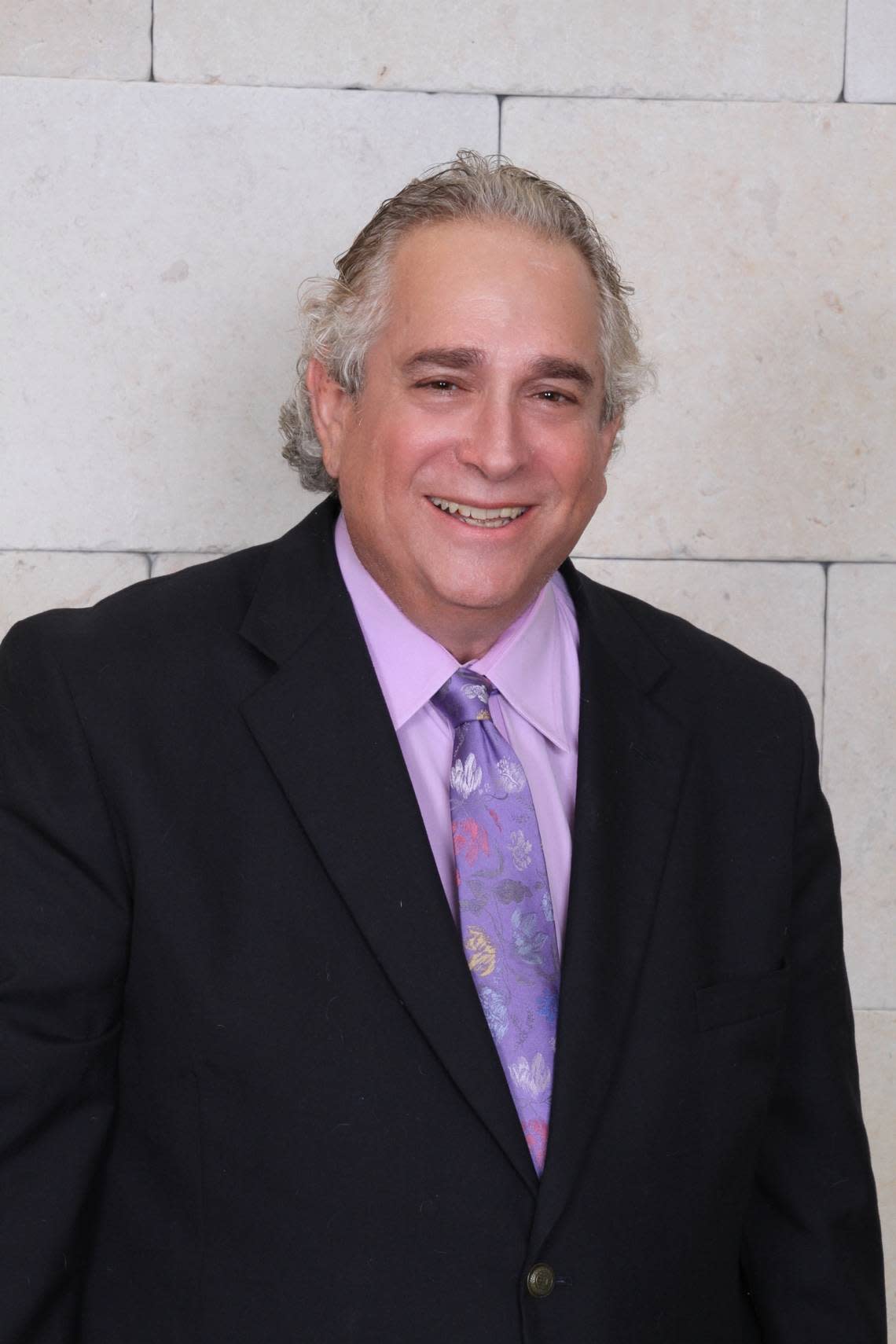What’s behind the protests in Israel? The news doesn’t always tell the complicated story

I was sitting with my wife and her relatives for a lovely dinner in Jerusalem’s elegant David Citadel hotel. One of the cousins is a Rabbi and what is popularly known as a Haredi (which means trembling in fear of God) Jew with a typical black suit and black hat and beard. They are also known as the Ultra Orthodox in traditional Jewish theology and practice even if they are not pro-Zionist.
Back then in February of this year when the street demonstrations were picking up steam, I asked him what he thought about the issues that triggered the mass protests against Judicial reform in Israel. He was defiant and explained that the time had come for his block of political leaders to weigh in and make changes that suited his political, ideological and religious principles.
It was not only what he said but the way he expressed himself when I realized quickly that, beneath the politics were undercurrents of faith and beliefs in God and the destiny of the Jewish people in Israel that were at the heart of this political drama playing out around the world.
For example, one of the biggest issues that the ultra Orthodox advocate for is that their men and women should be exempt from military service as compared to the rest of the population of Israeli Jews. In Israel, all men and women upon reaching the age of 18 are required to serve several years of active military duty and even decades in the reserve forces to defend Israel. The Haredim claim that full-time study of Torah is so sacred that it should exempt their community from the state’s requirement of military service. In fact my cousin exclaimed, “Our studying sacred texts in the academies of learning is tantamount to the spiritual iron dome that protects Israel.”
The Haredi Jews live in isolated communities in America such as Monsey, New York, portions of Long Island, New York, and Lakewood, New Jersey. In Israel, they have over a million in their population, which means that they have real political power in a coalition government.
Let’s not forget that there are other Orthodox Jews that are, in contrast to Haredi Jews, nationalistic and pro-Zionism even if they too are extremely observant. Religious Zionists also have grown their base and have their cherished issues that cause them to fight for judicial reform stripping of Israel’s Supreme Court as a co-equal branch of government.
Just to make things more complicated, a few days later we met the other siblings in this family of eight for dinner in Tel Aviv. These siblings are modern Orthodox but are extremely Zionist in their political and ideological outlook. This means, in a nutshell, that they are nationalistic as well as religiously observant. These cousins also complained that the secular Israelis have a had a stranglehold on the process of selecting judges all over Israel, including the Supreme Court. From their perspective, it was time for a change. They serve in the military and are fiercely dedicated to the defense of the nation.
The religious Zionists, according to the Israeli historian Yuval Noah Harari, “study Torah and observe Jewish law like the Haredim, while also being active in the world like secular Jews.” For them one of the big issues is the territory we call Judea and Samaria, which makes up the West Bank. This is their sacred issue and their goal one day will be a Messianic aspiration which will be that the entire West Bank will be annexed into Israel. For this reason we see the settlements are expanding and flourishing in the West Bank.
America’s secular ideology of manifest destiny reflected our westward expansion in America. Religious Zionists foresee the same kind of vision of expansion of Judea and Samaria fulfilling the Biblical promise that God made to the Jewish people long ago.
What is important to remember is that, when we watch the TV news spots of thousands of Israeli protesters marching in Jerusalem or Tel Aviv, we should not forget there are many different kinds of secular Jews as there are different religious groups. The real question becomes, with all of the different religious and secular groups marching in the streets of Israel, will this effort at the end of the day divide Israeli Jews and create a major breach between the people and their faith? Or will this tumult and apparent political chaos eventually lead to a compromise and to a greater unity in the future?
Of course I am, on the one hand, concerned and even scared about the depth and degree of anger and concern about Israel’s future. The Bible describes the break up of the United Monarchy after the rule of King Solomon into the nations of Judea and Israel, let alone the Babylonian and Roman expulsions of the Jews in ancient times.
At the same time I watch with great pride the thousands of Israelis walking in unison in Israel’s cities to preserve Israel’s democracy. Modern Israel does not have a constitution, and one can legitimately argue that is a hindrance to the creation of political stability. Yet, Israelis have the heart and dedication that has endured in Israel reaching 75 years of existence. I felt the intensity of that love by religious and secular Israelis when I joined several protest marches during my February trip to Israel.
My wife’s extended family have given their best effort and service to the state of Israel. Despite differences of ideology and politics, I believe they love Israel, which gives me hope that their differences do not diminish their commitment to the nation or to each other as a family.
I am praying every day that Israelis, religious and secular, can work out their respective differences in culture, religion and politics to enjoy the fruits of their labors.

